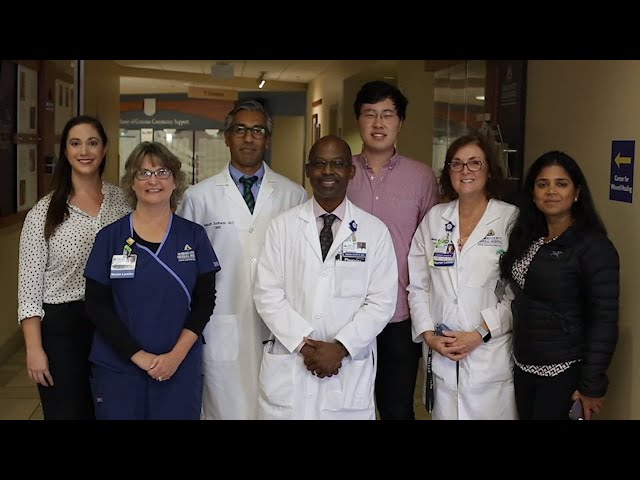Background
Dr. Suchi Saria holds a joint appointment in health system informatics at the Johns Hopkins University School of Medicine. She is also an assistant professor of computer science at the Whitings School of Engineering and of health policy and management at the Bloomberg School of Public Health.
Her research focuses on machine learning and computational statistics, and their applications to domains where one has to draw inferences from observing a complex, real-world system evolve over time. Her lab has been recognized by the National Science Foundation for its work in modeling complex, chronic diseases such as scleroderma.
She is currently engaged in Bayesian and probabilistic graphical modeling approaches for addressing challenges associated with modeling and prediction in real-world temporal systems. In the last seven years, she has been particularly drawn to problems that involve modeling data from sensing platforms and electronic health records.
Dr. Saria received her undergraduate degree from Mt. Holyoke College. She earned her M.Sc. and Ph.D. from Stanford University. She completed an NSF Communication Innovation fellowship at Harvard University. Dr. Saria joined the Johns Hopkins faculty in 2012.
Her work has been recognized with two Hopkins Discovery Awards, a National Science Foundation Smart and Connected Health Research Grant, a Google Research Award, an Annual Scientific Award from the Society of Critical Care, and a Betty and Gordon Moore Research Award.



Patient Ratings & Comments
The Patient Rating score is an average of all responses to physician related questions on the national CG-CAHPS Medical Practice patient experience survey through Press Ganey. Responses are measured on a scale of 1 to 5, with 5 being the best score. Comments are also gathered from our CG-CAHPS Medical Practice Survey through Press Ganey and displayed in their entirety. Patients are de-identified for confidentiality and patient privacy.